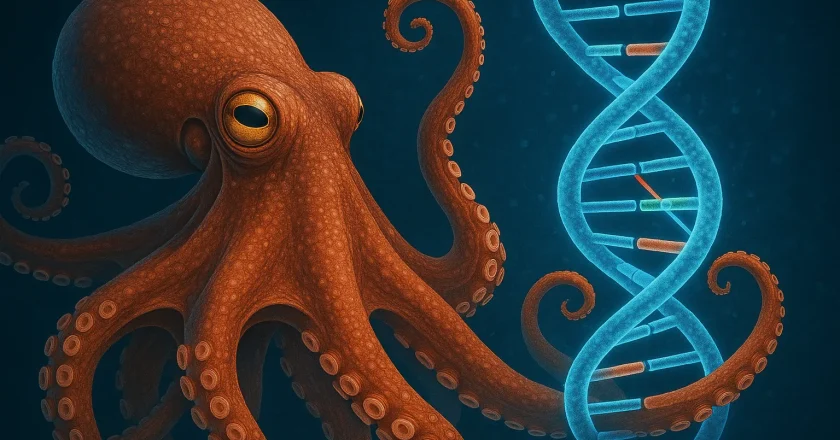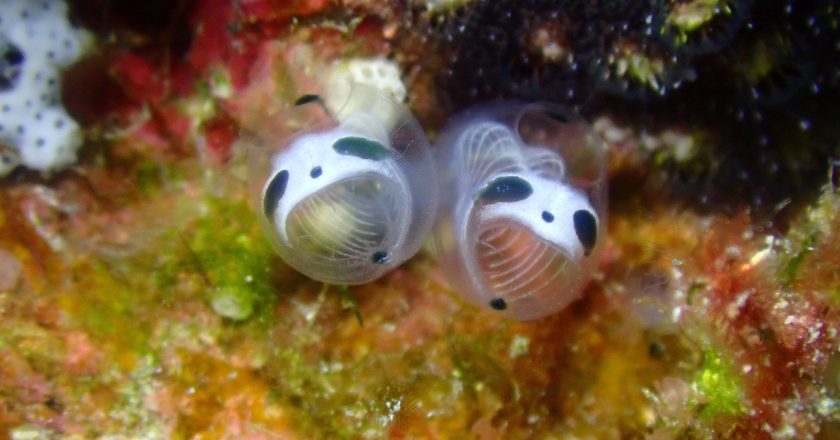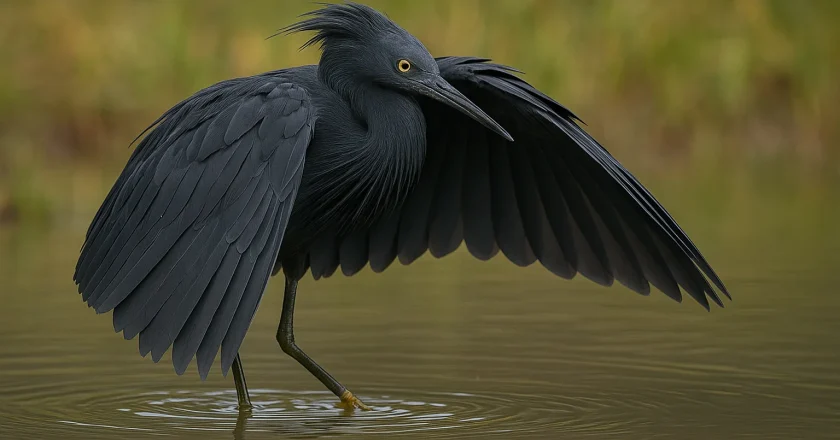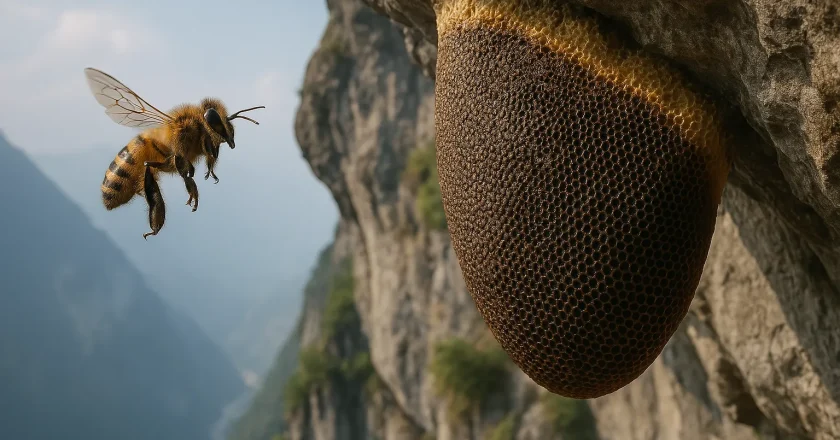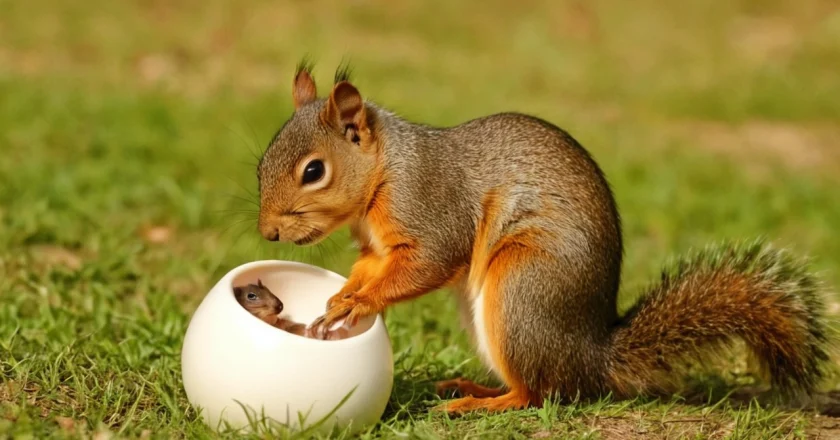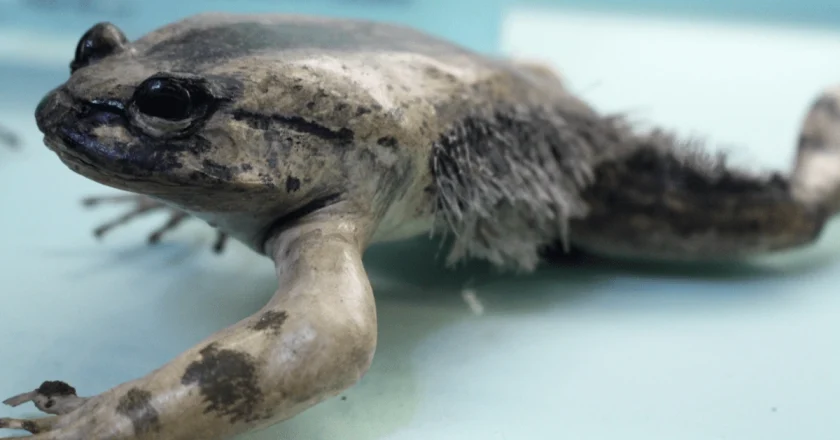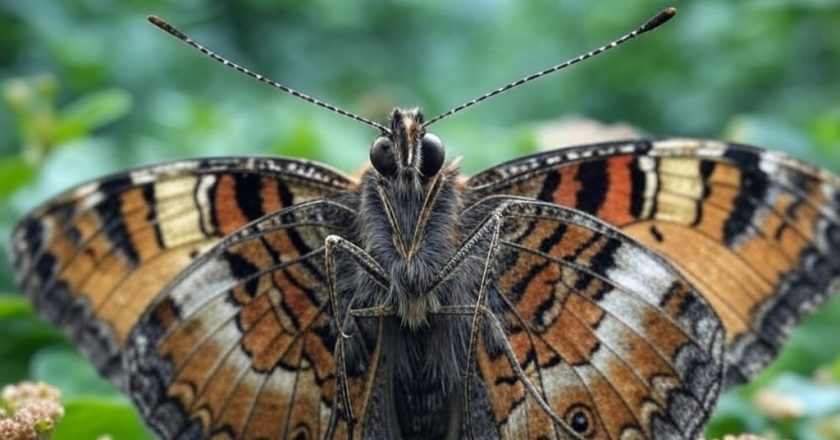Sniper Safari: Inside the Dark World of Long-Range Hunts, Ethical Gray Zones, and the Deadliest Sport on Earth
Few terms ignite controversy as sharply as “Sniper Safari.” The phrase sounds cinematic at first, almost like a title from a gritty action thriller — but behind the dramatic wording lies a real, unsettling phenomenon linked to long-range hunting, military-style marksmanship, and a moral debate that refuses to fade. Sniper Safari is not about photography, tourism, or ordinary wildlife observation. It is a fusion of extreme precision shooting and big-game hunting, blending high-powered rifles, advanced optics, ballistic computers, and targets often unaware of danger until it is too late. It turns the African savanna, American grasslands, or distant mountain ranges into open-air shooting ranges where distance becomes both the challenge and the shield.
In essence, Sniper Safari pushes hunting...



